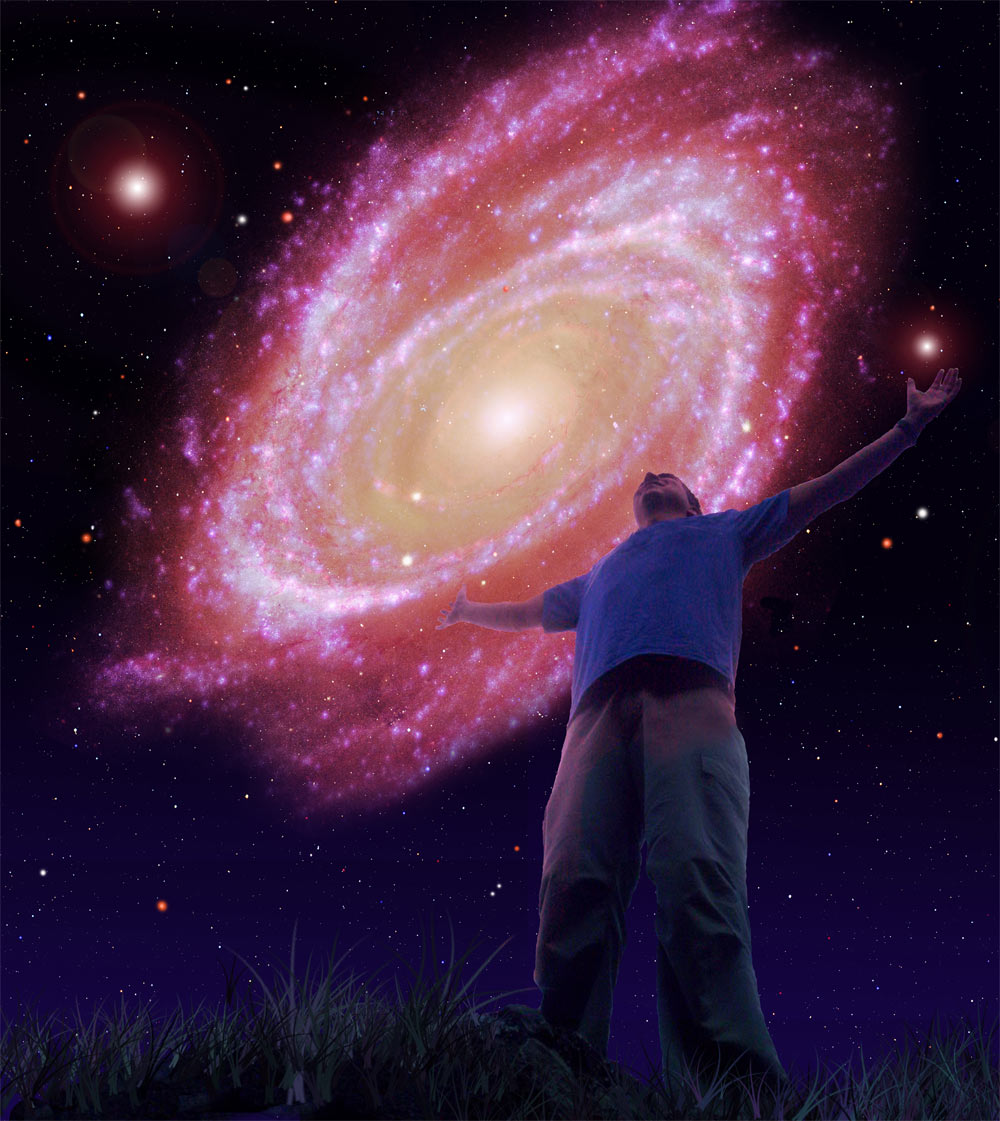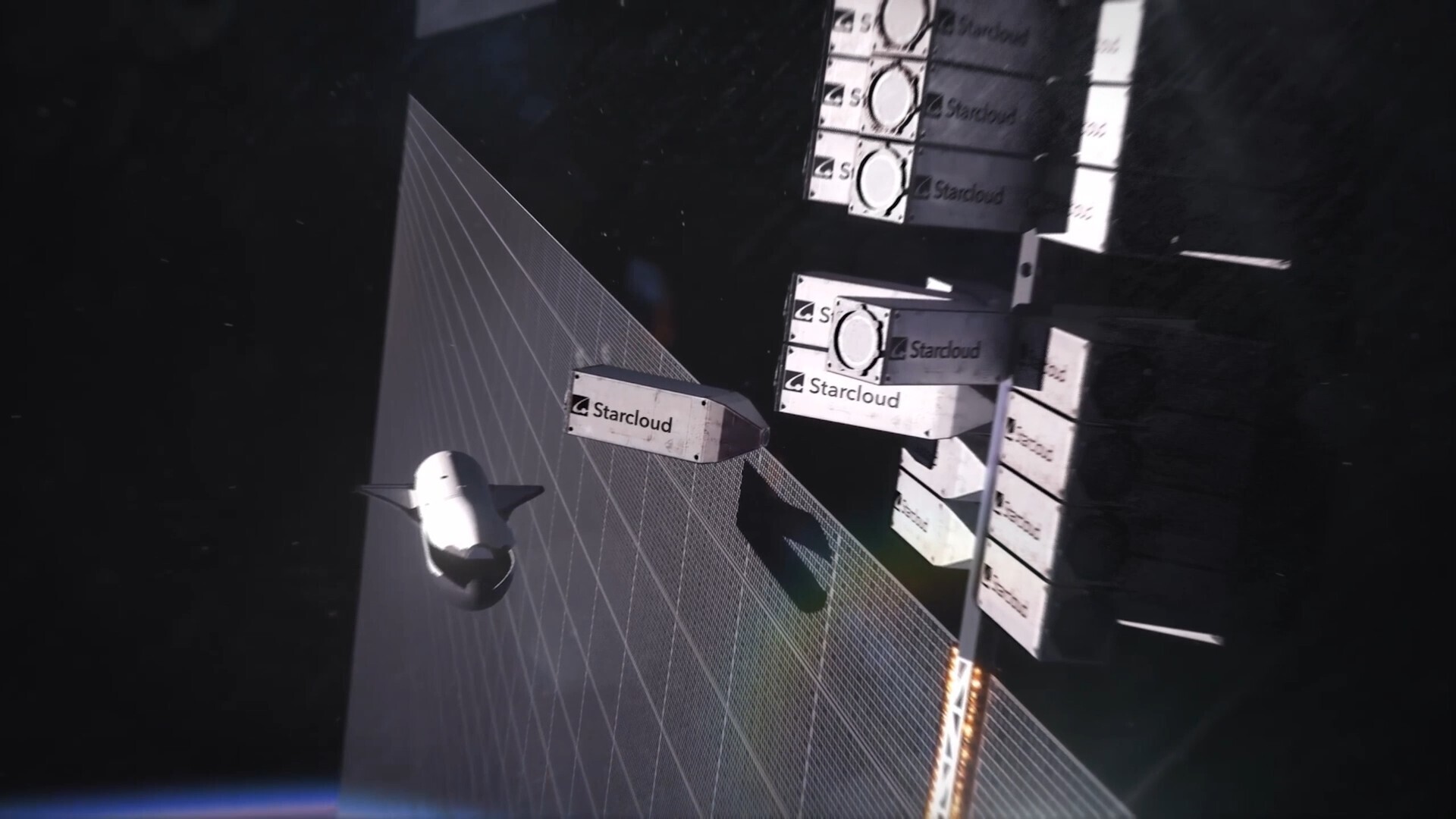Evidence of Big Bang May Disappear in 1 Trillion Years

While astronomers are largely baffled by the question of how the universe began, they should probably hurry up and figure it out. In the far future, most of the evidence will be long gone, a new study suggests.
Though future astronomers will likely have the benefit of advanced technology and a more sophisticated understanding of physics, they won't be able to take advantage of the last vestiges of evidence left over from the Big Bang. The trace signals from the explosion that set the universe in motion 13.7 billion years ago will likely be all gone 1 trillion years from now, the researchers said. (In fact, by that time, our own Milky Way galaxy will have collided with its neighbor, Andromeda, to create the Milkomeda galaxy.)
However, researchers have identified some backup clues that our distant descendants (if humanity is still around) could use to trace the history of the universe. [Most Amazing Hubble Discoveries]
A lucky time
Astronomers today can look at galaxies more than 13 billion years away that were formed only millions of years after the universe began. They can also study the so-called cosmic microwave background radiation — a pervasive light in the cosmos that was created by the Big Bang and still lingers on.
However, in the distant future, these clues won't be visible to scientists on Earth or its near environs. The cosmic microwave background light will have faded away and been stretched to the point that its particles of light, called photons, will have wavelengths longer than the visible universe. [Video: Brightest Flashes in the Universe]
And because the universe is expanding, the ancient galaxies that are now just within our field of view will be too far away to see from future Earth. The sun and many other stars will have burned out, and our cosmic neighborhood will be much emptier than it is today.
Breaking space news, the latest updates on rocket launches, skywatching events and more!
However, all hope for future celestial sleuths is not lost, because future astronomers might be able to study the Big Bang through so-called hypervelocity stars that have been flung out of the Milkomeda galaxy.
These stars will be the most distant light sources visible to astronomers in our galaxy in the year 1 trillion A.D. (C.E.).
Backup clues
"We used to think that observational cosmology wouldn't be feasible a trillion years from now," Avi Loeb, director of the Institute for Theory and Computation at the Harvard-Smithsonian Center for Astrophysics in Cambridge, Mass., said in a statement. "Now we know this won't be the case. Hypervelocity stars will allow Milkomeda residents to learn about the cosmic expansion and reconstruct the past."
Hypervelocity stars are created when pairs of stars called binaries wander too close to the enormous black hole in the center of the galaxy. The gravitational forces there can rip apart the binary, sucking one star into the black hole and flinging the other outside the galaxy at speeds greater than 1 million miles per hour (1.6 million kilometers per hour).
Having escaped the galaxy, hypervelocity stars will be accelerated by the expansion of the universe. By measuring the speeds of hypervelocity stars, future astronomers can deduce the expansion of the universe, which in turn can be traced back to the Big Bang.
Combined with information about the age of the Milkomeda galaxy derived from the stars inside it, our descendants could calculate the age of the universe and other important parameters.
"Astronomers of the future won't have to take the Big Bang on faith," Loeb said. "With careful measurements and clever analysis, they can find the subtle evidence outlining the history of the universe."
Loeb and his colleagues will publish their findings in an upcoming issue of the Journal of Cosmology and Astroparticle Physics.
You can follow SPACE.com senior writer Clara Moskowitz on Twitter @ClaraMoskowitz. Follow SPACE.com for the latest in space science and exploration news on Twitter @Spacedotcom and on Facebook.

Clara Moskowitz is a science and space writer who joined the Space.com team in 2008 and served as Assistant Managing Editor from 2011 to 2013. Clara has a bachelor's degree in astronomy and physics from Wesleyan University, and a graduate certificate in science writing from the University of California, Santa Cruz. She covers everything from astronomy to human spaceflight and once aced a NASTAR suborbital spaceflight training program for space missions. Clara is currently Associate Editor of Scientific American. To see her latest project is, follow Clara on Twitter.
